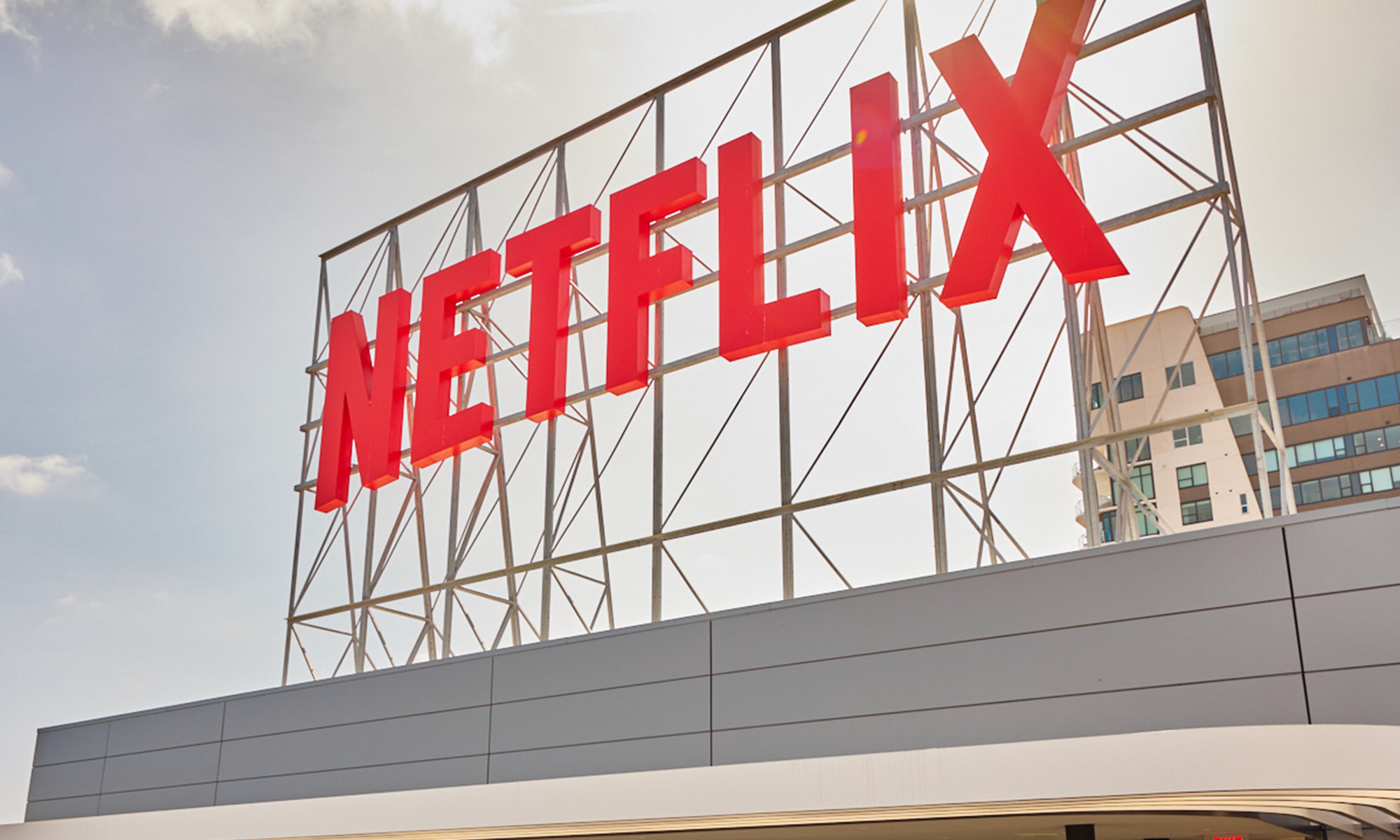It's that time again: Netflix (NFLX 3.26%) is raising prices, adding $1 or $2 per month to plans. Users are sad, investors are thrilled, and there are plenty of questions to ask. How much is Netflix going to make from this price increase? How is this going to affect the streaming space? And why is this happening right now?
How much is the price hike worth?
Netflix's price increase is its first since October 2017. It's also the biggest price hike in the company's streaming history, which began in 2007.
| Plan | Basic | Standard | Premium |
|---|---|---|---|
| Old Price | $7.99 | $10.99 | $13.99 |
| New Price | $8.99 | $12.99 | $15.99 |
| Increase | 12.5% | 18.2% | 14.3% |
So how much is all of this worth?
Well, in its Q4 earnings report, Netflix said it has 58.49 million paid memberships in the United States. Netflix doesn't break down how many subscribers have each type of subscription, but if we say each accounts for a third of the total, we get $97.5 million in new cash every month from this price hike. That's $1.7 billion in new cash over the course of a year.
Netflix's standard plan (with a $2 price increase) is reportedly the most popular. A Parks Associates study last year pegged the portion of premium subscribers (also a $2 price increase) at 30% and the basic plan (a $1 increase) at 27%, so it's safe to say that my back-of-the-envelope math is conservative. There will be even more extra cash from price hikes in select foreign markets, though Netflix is not raising prices everywhere.
And the price increase will bring in even more as more people sign up for Netflix service. Netflix is predicting 1.6 million new U.S. paid memberships in the current quarter.

Image source: Getty Images.
How do Netflix's prices stack up against the competition?
Netflix is the dominant streaming service, but it is not without competition. How do its prices stack up?
Using the price of Netflix's most popular plan, we can see that Netflix is pricier than some, but not all, subscription video on demand (SVOD) services.
| Amazon Prime Video | HBO | Hulu | Netflix | |
| Price of Most Popular Plan | $9.92 per month ($119 annual Prime membership) | $15 per month through most subscription vendors | $7.99 per month; $5.99 per month beginning February 26 ($11.99 for the ad-free version) | $12.99 per month (standard plan) |
It's also important to remember that Netflix is much more popular than its competition: For instance, Hulu may be cheaper, but its subscriber count pales in comparison to Netflix's. Hulu's most recent figures claim 25 million subscribers.
What about the incoming competition?
Of course, the chart above is going to be obsolete very soon. Some major streaming services are scheduled to debut in 2019 and beyond.
We don't yet know what Walt Disney's (DIS 0.84%) Disney+ will cost. Way back in 2017, Disney CEO Bob Iger claimed that Disney+ would be cheaper than Netflix, but there's not much new to go on.
AT&T's WarnerMedia is also planning a streaming service. The new WarnerMedia service will reportedly have three price tiers, with at least one tier being Netflix-like in price.
Not all of Netflix's new competitors will have a price. Rumor has it that Apple's planned streaming option will be free, aimed at users of Apple devices, at least at first. It may become a more typical SVOD competitor later on. Comcast, the latest company to announce a streaming service, is reportedly going the free-to-existing-customers route as well.
Netflix's move will no doubt influence pricing discussions within the companies that are going with the SVOD model. Some reporting has even pegged price rumors to Netflix specifically: For instance, The Hollywood Reporter's sources told it that WarnerMedia's new service would include a price tier "likely to mirror Netflix's $8 to $14 monthly pricing." The neighborhood of $15 per month is emerging as the new normal in SVOD, and WarnerMedia and the rest of the newcomers are surely noticing.
Why does Netflix need this money now?
Why is Netflix raising prices now? Precisely because of those new services coming online.
The newcomers are spending big. Apple earmarked $1 billion for its streaming content last year. WarnerMedia's new effort will be backed by HBO programming, some of it famously expensive (each episode of Game of Thrones' final season is reportedly costing HBO $15 million).
Netflix needs to keep pace with its own original content while bidding against more and more competitors for second-run content. To do that, it needs cash.
Check out the latest Netflix earnings call transcript.
And if Netflix is going to raise prices anytime in the next year or two, the time to do it is now, before Disney+ and the rest of the incoming class entice disgruntled customers to jump ship.
Netflix's price hike is the right move
This price increase is the right move at the right time. It will give Netflix a fresh influx of cash as a pivotal time, helping the company prepare for the intensifying streaming wars.






